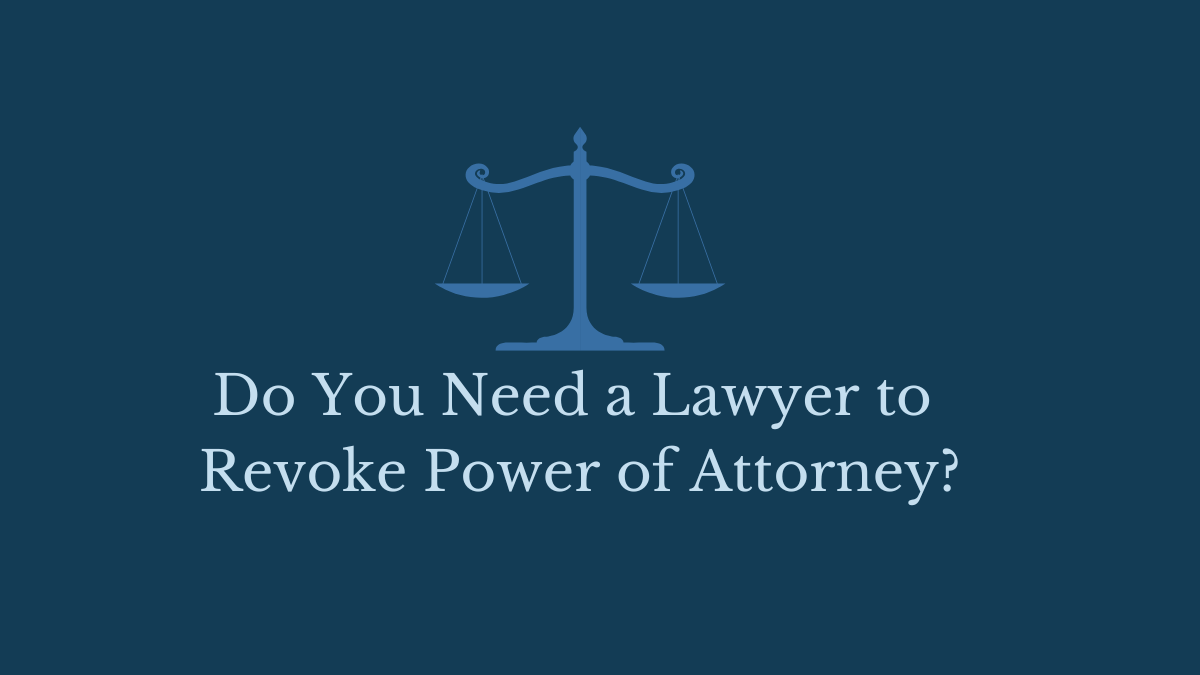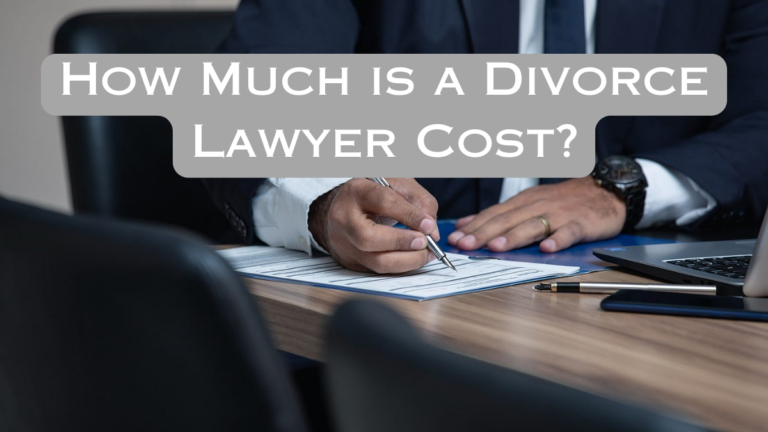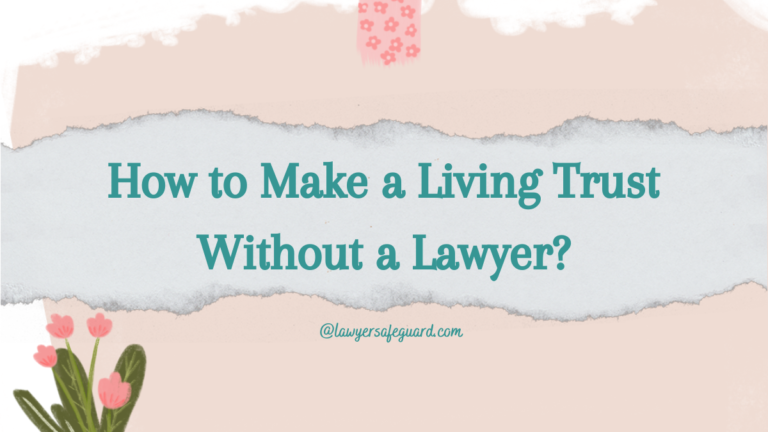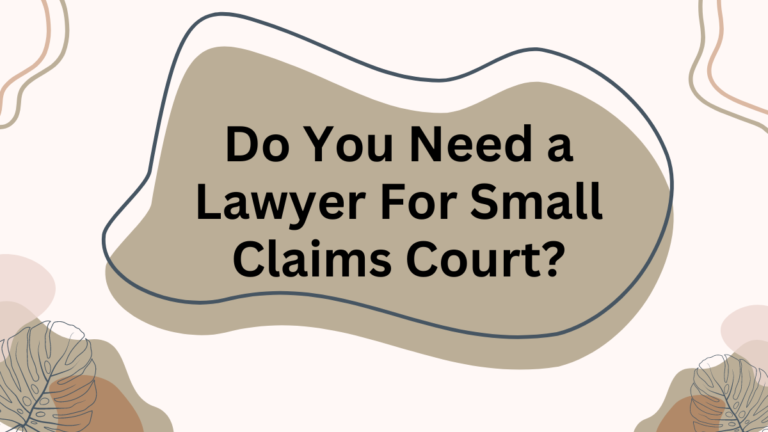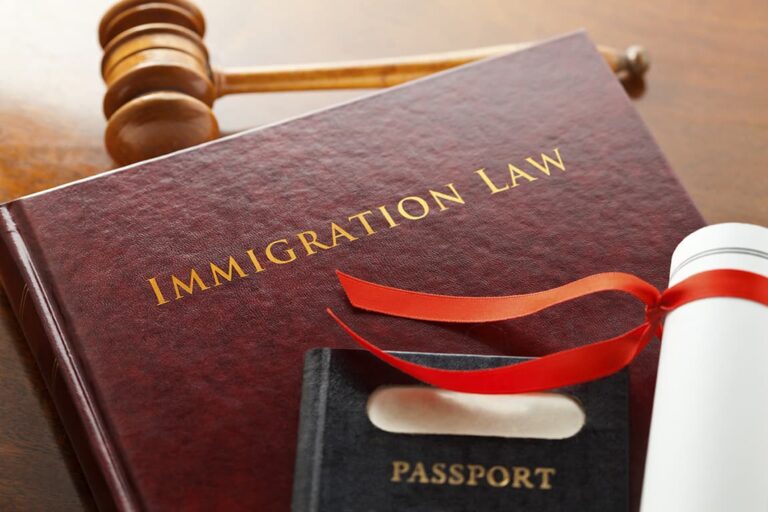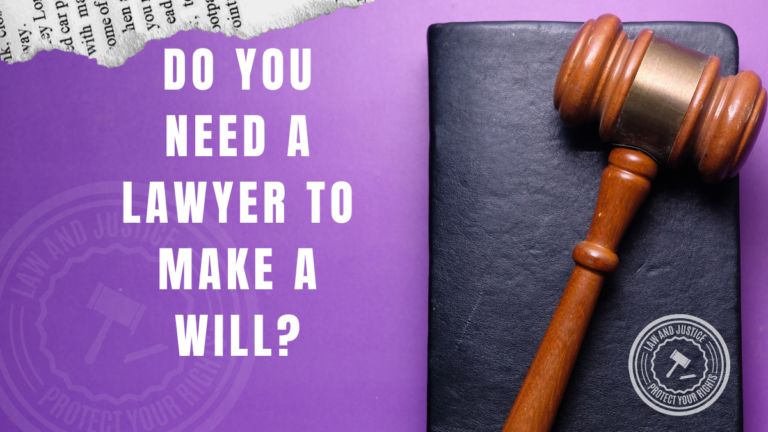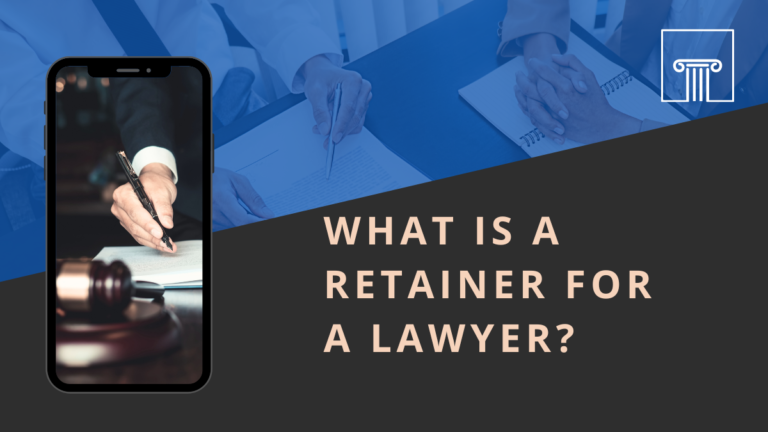Do You Need a Lawyer to Revoke Power of Attorney?
Are you feeling unsure about the process of Revoke Power of Attorney? Worried if you really need to involve a lawyer or if you can handle it on your own? Well, fret no more! In this blog post, we will delve into the nitty-gritty details and shed light on whether or not you truly need legal assistance when revoking a power of attorney. So grab your favorite cuppa, sit back, and let’s dive in to find out just how much control you have over the reins.
What is Power of Attorney?
If you have a power of attorney, it gives you authority to make decisions on your behalf. You typically grant this power to someone you trust, like a parent or friend. Sometimes, you may need to revoke that power of attorney. Here’s what you need to know.
To revoke a power of attorney, you must provide written notice to the person who granted the power of attorney. The notice must state that you no longer want them making decisions on your behalf and why. You must also send copies of the notice to any other people who are affected by the decision.
Types of Power of Attorney
Power of attorney is a legal document that allows someone to authorize another person to make decisions on their behalf, usually when they cannot or will not make those decisions themselves.
There are three types of power of attorney: durable power of attorney, limited power of attorney, and general power of attorney.
Durable power of attorney allows the holder to make all major decisions on the person’s behalf, while limited power of attorney allows the holder to make specific decisions but not others. General power of authority allows the holder to make any decision.
To revoke a power of attorney, you must follow the appropriate procedure in your state. Generally, you will need to file a petition with the court stating why you want to revoke the power of attorney and provide evidence that it is no longer necessary. If the person who has been granted power of attorney agrees to revocation, the court may order that all actions taken under the power of authority be undone.
Granting Power of Attorney
Power of Attorney is a legal document that allows one person to give another person authority to make decisions on their behalf. This can be helpful if the person giving power of attorney is unable to do so themselves, or if they are traveling and cannot access their documents. Power of attorney can also be revoked by the person granting it, if they decide that they no longer want the other person to have authority over them.
If you are considering granting power of attorney, be sure to talk with a lawyer first. A lawyer can help you create a document that is legally valid and protects your rights. It’s important to remember that you can always revoke power of attorney at any time, whether you have given it to someone else or not.
Revoking Power of Attorney
If you are considering revoking power of attorney, you should discuss the matter with a lawyer. A lawyer can provide legal advice and help protect your interests if something goes wrong during the process. There are a few things to keep in mind before appointing a lawyer to revoke power of attorney.
First, it is important to understand that revocation is not easy or simple. The person who has power of attorney may have invested time and money into the relationship, and may be reluctant to let go. Second, there are certain procedural requirements that must be met before revocation can take place.
Revocation can result in serious legal consequences for both the person who has power of attorney and the person who revoked it. If you are considering revocation, it is best to consult with a lawyer beforehand to ensure that everything is done correctly and without risk.
Conclusion
Power of attorney can be a valuable legal tool for people who need someone to handle their finances and medical decisions on their behalf. However, power of attorney cannot be revoked without the permission of the person who granted it.
If you have reason to believe that your loved one is no longer able to make sound decisions or is in danger, it may be in your best interest to get a lawyer involved and have power of attorney revoked.
